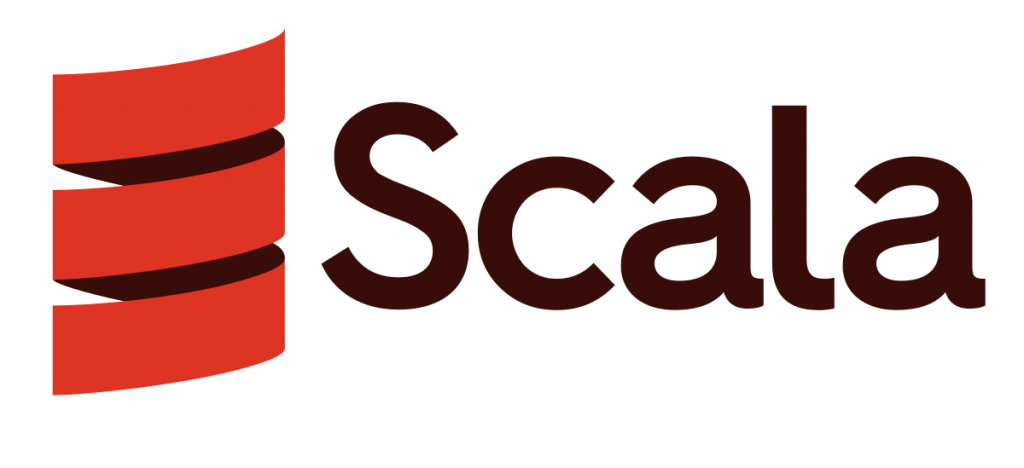
What is Scala
Scalable Language is what Scala is called. It is a programming language with multiple paradigms. Functional and object-oriented programming features are included in the Scala programming language. The language is statically typed. The Java virtual machine runs the source code’s compilation into bytecode.
Many currently operating businesses that rely on Java for mission-critical systems are switching to Scala to increase the productivity, scalability, and dependability of their development processes.
Benefits of Scala
Simple to Pick Up
Scala’s syntax is easy to understand if you have experience with object-oriented programming in Java or a similar language. Compared to languages like Haskell, it is hence simpler to learn. It is also a lot shorter than Java. In contrast to Java, where an operator would typically require nine lines of code, Scala typically only needs three. This boosts output.
Scalability
As we’ve already mentioned, the term “Scala” is a combination of “scalable” and “language”. Scalability is thus unquestionably one of the greatest benefits of Scala. It can therefore be used to create highly concurrent, fault-tolerant systems. We can leverage Akka’s multiagent concurrency paradigm, which is similar to Language Erlang’s.
Monkey patching, open classes, and mixins
Mixins (traits), open classes, and monkey patching are further features that Scala offers. You can do multiple inheritances using mixins.
High-quality functionality
One of the distinctive features of Scala is its emphasis on paradigm functionality. It is a language that accords its functions with the same respect as other people. We can therefore claim that it performs first-rate functions. In other words, it enables us to return values from other functions and pass functions as parameters to other functions.
Inherently unchangeable objects
If you’ve used Java, your applications have likely run into several thread-safety issues. Scala lessens these dangers.
Improved Developers
Good Java programmers also do better with Scala. They learn programming techniques like functional programming and can use those with other languages like Java.
Improved Quality Code
You are more likely to have fewer lines of code and fewer defects when using functional programming. Higher output and higher caliber follow from this.
After covering all of the significant Scala advantages, let’s move on to the Scala programming language’s disadvantages.
Who uses Scala
Software engineers and data engineers are the main users of the Scala language. You’ll see some data scientists utilizing it in conjunction with Apache Spark to process enormous amounts of data.
Popular frameworks of Scala
- Play – It is used in web application development.
- Spark – Popular framework for data processing.
- Lift – a web framework
List of Scala certifications
- Master in Scala with Spark
Scala certification path
There is no official certification for Scala but still, you can get certified by DevOpsSchool. It is a training institute and one of the best institutes, which is recognized by the IT industry.
DevOpsSchool provides instructor-led online training to train you from their IT expert trainers who have 15+ years of experience in IT. Get certified now with expert trainers.
Certification cost
- Master in Scala with Spark – Rs 19,999/-
Certification pre-requisites
Since Scala programming is based on Java, learning Scala is rather simple if you are familiar with Java syntax. Additionally, knowing any other programming language, such as C, C++, or Python, even if you are not an expert in Java, will help you pick up Scala principles quickly.
Scala certified professional salary
The average salary of a Scala developer is Rs 7,28,099 per year. It increases with experience.
Scala Video Tutorial
- Mastering Qualitative Research: The Role of Focus Groups in Data Collection - July 11, 2024
- What is robots ops? - July 10, 2024
- 5 Effective Online Learning Strategies for DevOps Professionals - July 4, 2024

